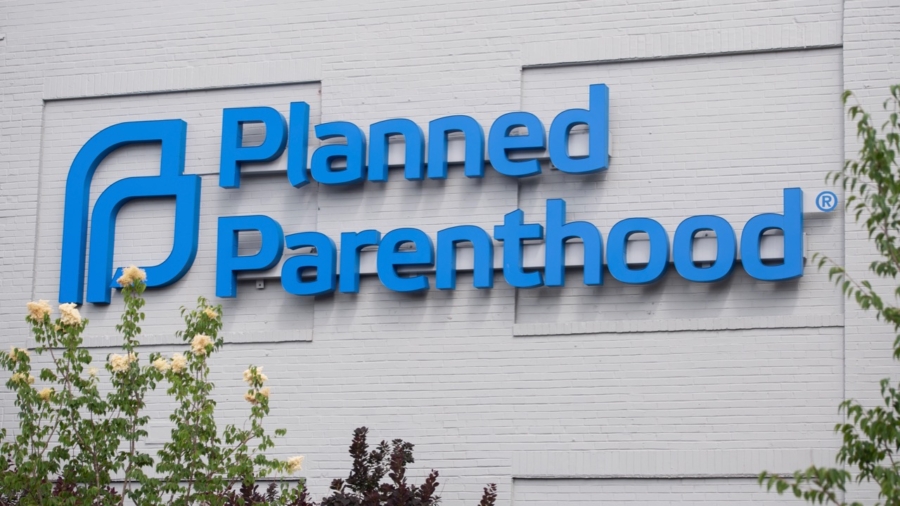Comprehensive Health of Planned Parenthood Great Plains (CHPPGP), an affiliate of Planned Parenthood, has announced that it is offering telemedicine abortion services in the state of Kansas after a court gave green light to the practice.
A 2011 law had previously required doctors in Kansas to be in the same room as patients while prescribing abortion medications. In November, a judge blocked the law, thereby enabling the prescription of abortion pills via telemedicine. On its website, CHPPGP states that the service began on Dec. 19, with patients receiving abortion pills under the supervision of a qualified physician through a Telehealth appointment at the facility’s health centers in Kansas.
“Any patient seeking an abortion earlier in pregnancy may be eligible for medication abortion. A physician will confirm if a patient is eligible by reviewing medical history and sonogram taken by CHPPGP staff on the date of the appointment. In general, medication abortion is an option up to 70 days, or 10 weeks, after the first day of a patient’s last menstrual period,” the website says.
Once the physician prescribes a medication, the individual seeking an abortion will receive the drugs from in-clinic staff. CHPPGP offers two drugs for abortion—Mifepristone and Misoprostol. Mifepristone is to be consumed first, followed by Misoprostol within 48 hours.
While Mifepristone blocks the hormone progesterone, Misoprostol empties the contents of the uterus. In early pregnancy, medication abortion is estimated to have a success ratio of 95 to 99 percent.
Banning Telemedicine Abortions
At present, 18 American states have imposed bans on telemedicine abortions, including Arizona, North Carolina, Nebraska, and Indiana.
Pro-life group “Kansas for Life” said that they will consider “every possible course of action,” including legislation, while responding to Planned Parenthood’s “dark announcement.”
CHPPGP’s decision to offer telemedicine abortions comes as abortion providers in Kansas report increased appointments by women from states with more stringent restrictions. In August, Kansas voters voted to maintain state protections for abortion.
A study found that the demand for abortion pills spiked in the months after the Supreme Court overturned Roe v. Wade. All 30 states in the study saw an increase in abortion pill requests. The biggest increases were seen in Oklahoma, Mississippi, Alabama, Arkansas, and Louisiana where near-total abortion bans have been implemented.
Violence
Pro-life groups have also been increasingly receiving threatening messages from abortionists. This month, members of Students for Life Action reported seeing such a threatening note taped to the front of the St. John Paul II Newman Center in Omaha.
“If our right to abortion in Bellevue is taken away due to the attempt to pass an abortion ban and it gets passed we will shoot up your Newman center with our new AR14 rifles,” the note said, according to a post by Students for Life Action. The message was from “Jane’s Revenge,” a pro-abortion group.
During a Nov. 17 hearing of the Senate Homeland Security and Governmental Affairs Committee, FBI Director Christopher Wray revealed that pro-life groups have been the victims in around 70 percent of investigations into abortion-related violence since the Supreme Court decision.
Since May, at least 75 pregnancy centers, and 95 Catholic churches and offices of pro-life groups have been attacked.
“My view—plainly expressed to all of our people, including in the context of abortion-related violence—is that I don’t care what side of the issue you’re on, you don’t get to engage in violence, and we are equal-opportunity when it comes to that,” he said.
The Associated Press contributed to this report.
From The Epoch Times

